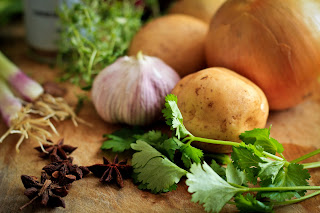 |
| Foods That Help You Lose Weight |
If you've been trying to lose weight safely but find that the scale hasn't budged just yet, it may be time to take a second look at the ingredients you're routinely stocking in your kitchen. Heavily processed foods can make it difficult to maintain steady weight loss, but some of the best foods to help you lose weight are high in fiber, which many are surprised to learn is a form of carbohydrate (therefore, carbs are not the "enemy!"). Fibrous foods are often naturally lower in calories, help keep you satiated after a meal and also regulate blood sugar levels. Research suggests that the more dietary fiber that one incorporates into their daily routine, the more they're able to work against "abdominal fat deposits" (fat accumulation around your midsection, also called visceral fat, can be dangerous because it wraps around important internal organs where it may trigger metabolic disturbances that up to your risk for certain chronic diseases like heart disease and type 2 diabetes).
Even if you adopt a strict high-fiber diet, it's crucial to understand that there's not a single ingredient or beverage you can consume to magically melt away pounds. You'll lose weight (and reduce body fat naturally) by adopting a wholesome diet, alongside moderate exercise. Eliminating processed foods high in sodium and other sugary items is important, as is staying routinely hydrated to aid digestion and fast-track your weight loss efforts overall. When it comes to healthy eating and safe weight loss, these powerful foods loved by registered dietitians have your back.
Peanut Butter
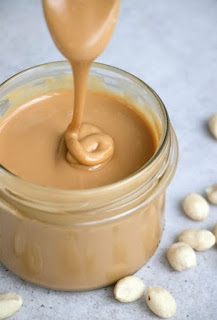 |
| Peanut butter |
Peanut butter packs 8 grams of protein and up to 4 grams of fiber per serving, making it an ideal snack to help you fill up and stay satisfied (particularly in stabilizing a glycemic load). Just make sure that you're taking a look at the ingredients label, which should only include peanuts and salt (maybe a little bit of oil, but no high fructose corn syrup or additives necessary!). A published review of research in the Journal of Food Science and Technology highlights the fact that peanut butter can help people feel more satisfied compared to other snacks.
Chickpeas
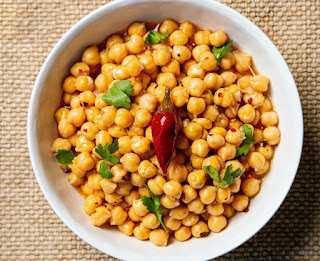 |
| Chickpeas |
They're filled with fiber and plant-based protein, as well as immune-boosting antioxidants and bloat-busting minerals. Chickpeas easily go in soups, stews, salads, and side dishes. Plus, chickpea flour is a great baking alternative for a more nutrient-dense and filling end result.
Pumpkin
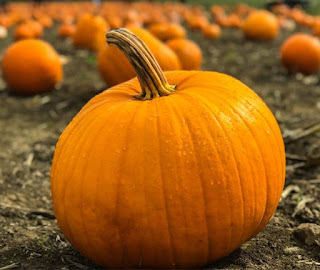 |
| Pumpkin |
With more fiber than quinoa and more potassium than a banana, pumpkin puree is one of your best bets for snacking and cooking purposes. Try this the next time you're craving sweets: add pureed pumpkin to unsweetened Greek yogurt with cinnamon and chopped pears for a nutritious dessert.
Peas
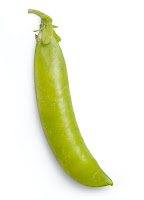 |
| Peas |
A cup of peas packs 8 grams of protein and nearly all of what you need daily for vitamin C, plus magnesium, potassium, and iron — all of which aid in counterbalancing sodium and bringing oxygen to blood cells.
Tuna Fish
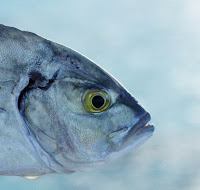 |
| Tuna Fish |
It doesn't get any better than the healthy fats in this fish when it comes to hearty protein, alongside salmon and sardines. They're filled with omega-3s and lean protein, helping you fill up at mealtime.
Salmon Fish
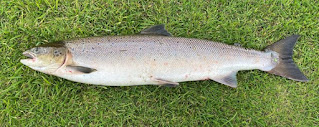 |
| Salmon Fish |
The polyunsaturated fatty acids plus minerals in salmon make it an ideal dinner choice. The vitamin D found in each fillet has been previously linked in research illustrating that it may assist in weight management in overweight individuals. You'll also get 25% of your daily vitamin B6, which can help with mood and stress regulation—two potential players in weight gain if not well-managed.
Oats
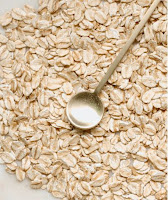 |
| Oats |
Probiotics introduce useful bacterial to your system, but the prebiotics in oats feed the good bacteria already living there, helping it proliferate. Plus, there's a hefty punch of dietary fiber in oatmeal, a common oats item: Just a half cup has 4 grams, helping you stay full until lunchtime.
Almonds
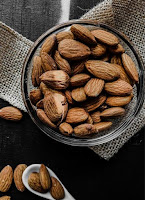 |
| Almonds |
Almonds, peanuts, walnuts, pistachios — at GH, we're nuts about nuts! Almonds in particular are a strong source of protein, and various research has linked an increase in almond consumption to a decrease in LDL cholesterol (the "bad" kind). Particularly, though, regularly snacking on almonds has been linked to greater weight loss due to its effect on supercharging metabolisms, per the Journal of Research in Medical Sciences.
Blueberries
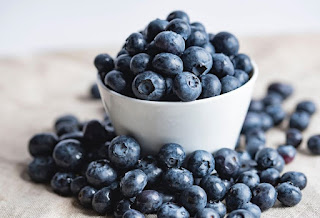 |
| Blueberries |
Blueberries are indeed full of fiber (4 grams in one cup) but also hold a significant amount of antioxidants in a juicy bite-sized treat. Blueberries contain less sugar than most other fruits, too — they're a satisfying, sweet, healthy choice at snack time or for dessert.
Raspberries
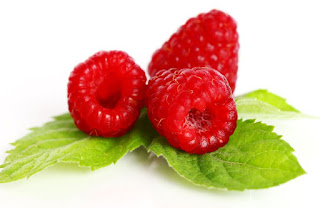 |
| Raspberries |
Compared to other berries, raspberries have especially high fiber counts. They're a great addition to an already balanced breakfast, whether it's cereal, oatmeal, yogurt, or even a quick smoothie (making it feel so much more substantial!).
To understand that article, watch this video.
Related Post:
New Test For Breast Cancer Making Individualized Treatment Decisions A Reality
Halve Your Risk of Breast Cancer
Post a Comment